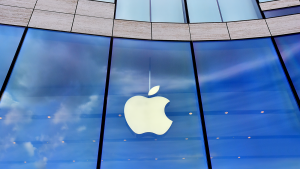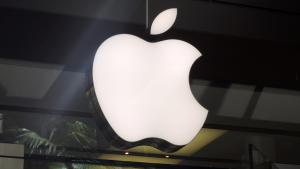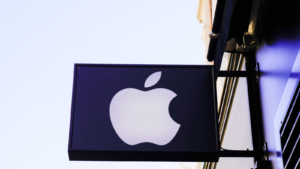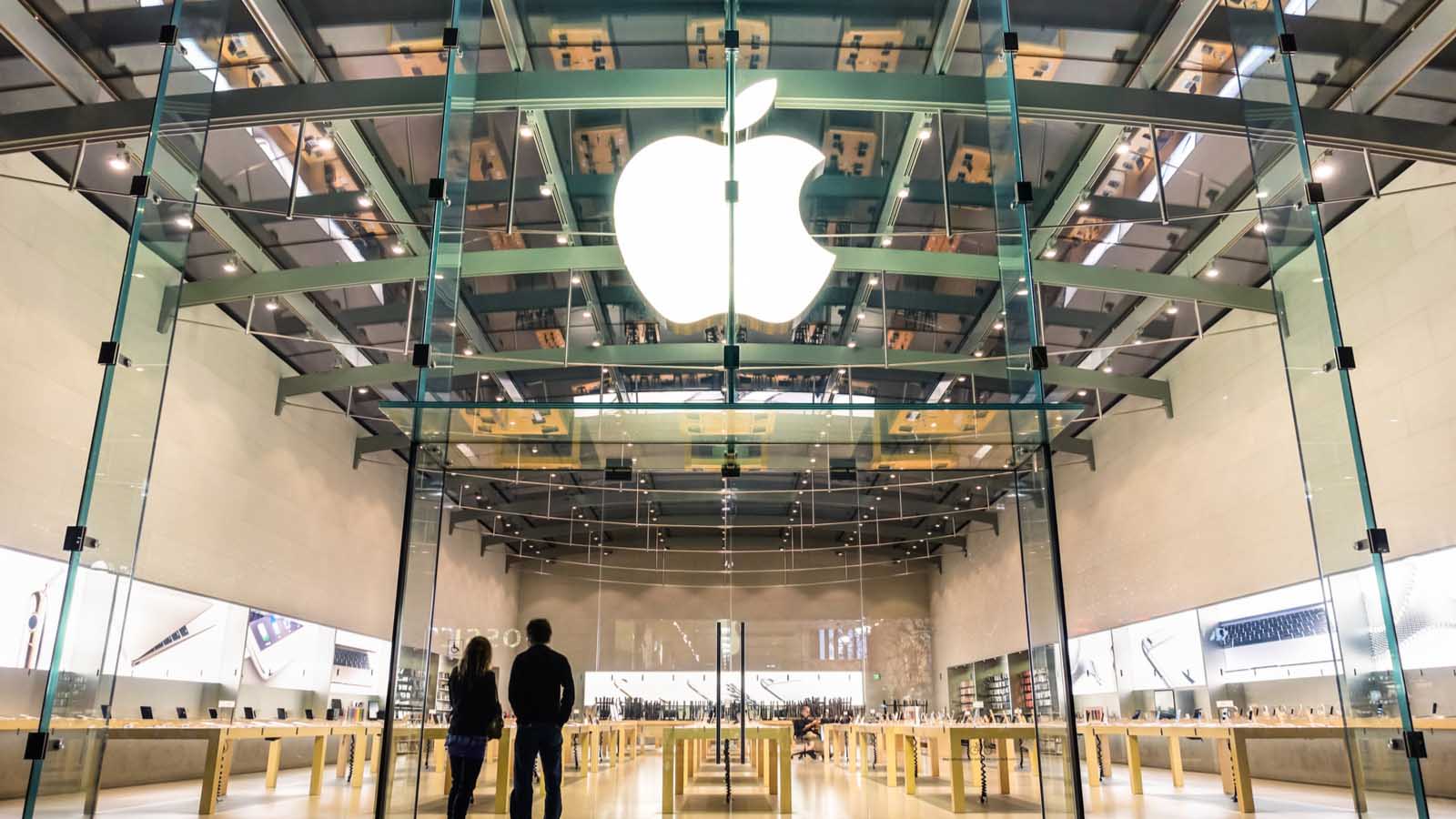Apple (NASDAQ:AAPL) stock has long been the gold standard in tech – the most valuable company in the world, with a fanatically loyal customer base and an unmatched track record of innovation. For years, investors flocked to AAPL as a safe haven, a stock you could count on for steady, reliable returns in both good times and bad.
But as I look at Apple today, I can’t help but feel the company’s best days are behind it. The disruptive, revolutionary Apple of the Steve Jobs era has been replaced by a more cautious, iterative company content to rest on its laurels. Where Apple once led, it now seems to follow.
Solid Q3 Results Mask Underlying Issues

On the surface, Apple’s Q3 2024 earnings report looked quite strong. The company posted revenue of $85.8 billion, up 5% year-over-year, and EPS of $1.40. Both those figures beat consensus estimates. Services revenue also hit an all-time high of $24.2 billion.
However, digging deeper reveals some cracks in the facade. iPhone revenue, still Apple’s biggest moneymaker, declined nearly 1% to $39.3 billion as consumers balked at incremental upgrades. Greater China sales slumped 6.5% as Apple faced stiff competition from domestic brands. And while iPad sales surged 24% thanks to new models, Mac revenue rose a meager 2.5%.
These results encapsulate Apple’s current dilemma. The company remains hugely profitable, but growth is getting harder to come by. The iPhone, once a revolutionary product that redefined entire industries, has seen only incremental updates for years. Customers are holding onto devices longer. Cheaper Android rivals now offer much better alternatives, so the “wow factor” is gone, so to speak.
Apple Is Missing the AI Revolution

Even more concerning is Apple’s near-total absence from the AI boom that is transforming the tech world. While companies like Nvidia (NASDAQ:NVDA), Microsoft (NASDAQ:MSFT), and Google (NASDAQ:GOOG, NASDAQ:GOOGL) go all-in on AI, Apple seems content to tinker around the edges with modest Siri updates and on-device machine learning.
CEO Tim Cook touted new “Apple Intelligence” features coming to iOS and MacOS this fall. However, he was characteristically light on details, and it’s unclear how Apple’s AI efforts will stack up against the competition. What is clear is that Apple is late to the game and playing catch-up.
This AI gap is especially glaring in cloud computing, which has become a massive growth engine for Apple’s Big Tech peers. Amazon, Microsoft, and Google are raking in billions selling AI services that run on their cloud platforms. Apple’s iCloud, by contrast, remains a closed garden primarily aimed at Apple’s own users.
Slowing Momentum in Key Markets

As I have pointed out before, Apple stock and its growth challenges extend beyond the iPhone to key markets like China. The Greater China region has become a sore spot as consumers flock to homegrown brands like Huawei, Oppo, and Vivo that offer premium features at much lower price points.
Apple is making a big push into India, but success there is far from guaranteed. Indian consumers are more price-sensitive, which could pressure Apple’s industry-leading margins. Getting them to shell out for pricey services and apps could also prove difficult. India’s per-capita GDP is five times lower than China’s, so I’m skeptical Apple can squeeze out software ARPU as they have done in China.
Analysts Grow Cautious After Earnings

Following the Q3 earnings report, several analysts expressed increasing caution about Apple’s near-term prospects, even as they remained bullish on the company’s long-term potential.
For instance, Barclays analyst Tim Long said the “main event” in the Q3 report was Apple’s guidance for the September quarter, typically a seasonally strong period ahead of new iPhone launches. However, Apple projected revenue growth similar to Q3’s 5%, below the 12% growth analysts expected. That indicates soft demand for the current iPhone 15 lineup.
It’s hard to escape the feeling that Apple stock is losing some of its luster. The company’s sticky ecosystem will no doubt keep churning out profits for years to come. However, without a major new hardware hit or a more aggressive push into AI and cloud services, Apple risks being left behind as tech’s center of gravity shifts.
At $216 per share, AAPL stock trades at over 30 times trailing earnings – a hefty premium to the market at a time when growth is slowing. Risks are rising too, as the tech sector braces for a potential recession and more regulatory scrutiny of Big Tech.
Warren Buffett, long Apple’s biggest bull, slashed Berkshire Hathaway’s AAPL stake in half earlier this year in an ominous sign. If the Oracle of Omaha is souring on Apple, retail investors may want to think twice before chasing the stock at these levels.
The Bottom Line

The Apple of the 2010s was a no-brainer investment – a high-growth, high-margin innovator led by a visionary founder. But Tim Cook’s Apple is a different beast – a maturing tech giant facing slowing growth and stiffer competition. Investors who expect the next decade to look like the last will likely be disappointed.
Apple remains a good company, but it’s no longer a great stock. Until the company proves it can innovate and excite customers like it once did, or at least until the stock price corrects a little, a hold rating seems appropriate.
On the date of publication, Omor Ibne Ehsan did not hold (either directly or indirectly) any positions in the securities mentioned in this article. The opinions expressed in this article are those of the writer, subject to the InvestorPlace.com Publishing Guidelines.
On the date of publication, the responsible editor did not have (either directly or
indirectly) any positions in the securities mentioned in this article.
